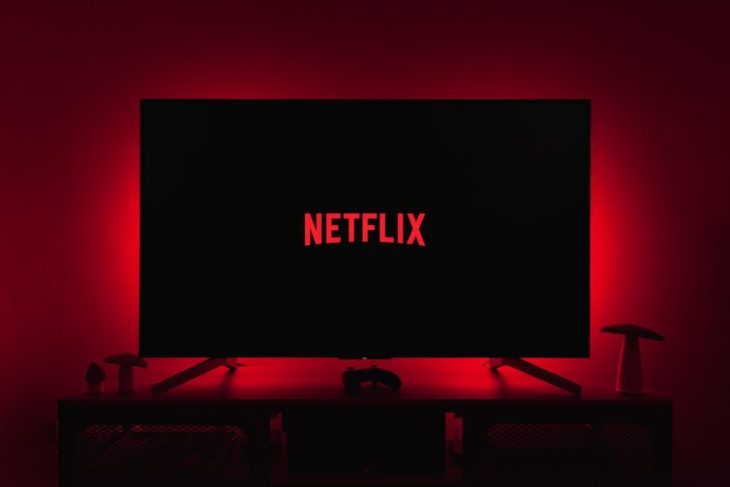In the first quarter of the year, Netflix Inc (NFLX.O) exceeded Wall Street’s earnings estimates but provided a lighter-than-expected forecast, indicating that the established streaming service is facing challenges in its pursuit of growth.
The company reported that it postponed the wider launch of its plan to crack down on unsanctioned password sharing to the second quarter to make improvements, delaying some financial benefits but expressed satisfaction with the results so far.
The streaming video pioneer is looking for new ways to generate revenue, such as the password crackdown and a new ad-supported service, as it confronts signs of market saturation.

The revenue and earnings for the first quarter were approximately in line with the Refinitiv’s average analyst estimates. Earnings per share were $2.88, with revenue totaling $8.162 billion.
In a post-earnings video interview, Co-Chief Executive Ted Sarandos stated that “We are growing and we are profitable,” and that the company had a clear path to accelerate growth in both revenue and profit, which it is executing.
Netflix shares fell as much as 11% in after-hours trading after the report, but then recovered to gain 1.4%. As the streaming industry growth has slowed due to increased competition, Netflix serves as a bellwether for the industry.
Netflix added 1.75 million streaming subscribers from January to March, failing to meet analyst estimates of 2.06 million additions.
Analyst Paolo Pescatore of PP Foresight described the first-quarter results as mixed, stating that “Netflix is a mature business reinforcing less reliance on subscriber growth. However, this metric still moves the needle for key stakeholders.”
Netflix’s Plan to Crack Down on Password
Netflix has announced a delay in its plan to crack down on unsanctioned password sharing, despite launching its “paid sharing” option in 12 countries in February.
The company stated that it is delaying the wider launch of its solution to enhance the outcome for its members and business. Meanwhile, the United States is set to experience a clampdown on password sharing during the current quarter.
Although Netflix’s Q1 2023 earnings per share of $2.88 and revenue of $8.162 billion came in roughly in line with Refinitiv’s average analyst estimates, the company’s forecast of $8.242 billion in revenue and $2.86 in diluted EPS for April through June fell short of Wall Street’s expectations of $8.476 billion for revenue and $3.05 for diluted EPS.
Netflix’s growth has slowed due to market saturation and increased competition in the streaming industry, leading to the company exploring new ways to make money, such as the password crackdown and a new ad-supported service. The company also suffered its first subscriber decline in over a decade in 2021, losing 200,000 subscribers.

While it added nearly 9 million subscribers in 2022, much of that growth came from Asia, leading Netflix to introduce a lower-priced version of its service with ads in 12 countries in Q4.
Additionally, Netflix is expanding into live streaming, although it suffered a mishap when a reunion special for the dating show “Love is Blind” was not shown live due to a “bug.” The company’s co-CEO, Greg Peters, has stated that the problem has since been fixed.
The clampdown on password sharing could fuel Netflix’s nascent advertising business, according to UBS media analyst John Hodulik, as it drives “sharers” to the lower-priced version of the service.
Netflix hopes that Hollywood studios can reach a “fair and equitable” deal with writers to avoid a strike, but it has programming from around the world that it can offer if U.S.-based production is disrupted.
The delay in the wider launch of Netflix’s plan to crack down on unsanctioned password sharing may have a mixed impact on the company.
On the one hand, it may mean that the financial benefits of the plan are delayed, but on the other hand, the company believes that the delay will result in a better outcome for both its members and business.











